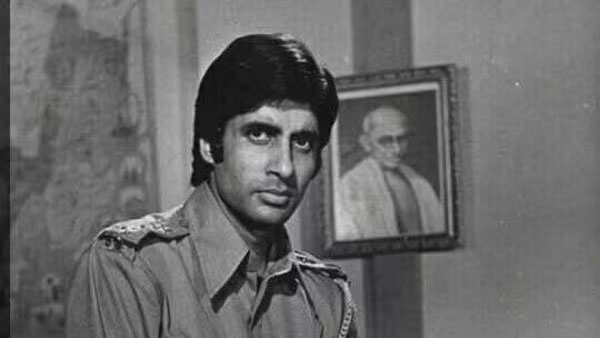Daijiworld Media Network - Mumbai
Mumbai, Oct 5: In a rare throwback interview, Amitabh Bachchan offered a thoughtful reflection on two of his most iconic early roles — the quietly emotional Dr. Bhaskar in Anand and the intense, justice-driven Inspector Vijay in Zanjeer. While these characters appear vastly different on the surface, Bachchan revealed an unexpected connection that shaped both performances: an inner spirit of rebellion.
When asked why the “angry young man” persona became so dominant in his filmography despite the tender, philosophical role in Anand, Bachchan pointed to the sequence of their releases. He believed that destiny played a key role in defining his on-screen image. “If Zanjeer had come before Anand, it’s possible that Babu Moshai would never have been noticed. The impact of Zanjeer was so powerful that it would have overshadowed everything else,” he remarked.

Yet, beneath the tonal differences, Bachchan saw a shared core between the two roles. In his view, both characters were quietly rebelling against systems they found flawed. “The doctor in Anand also had a suppressed tendency to revolt—against the conventions of medicine, against treating patients with endless pills. That aspect went unnoticed by many,” he said.
He explained that this internal conflict in Anand took on a more outward and aggressive form in Zanjeer. “In Zanjeer, that revolt becomes physical. A police officer, stripped of his uniform and wrongfully dismissed, walks into Pathaan’s lane and says, ‘I’m not in uniform anymore—let’s talk now.’ That was thrilling. It was the same fire, just in a more visible, confrontational shape.”
Bachchan’s insight offers a deeper appreciation for the emotional continuity in his early work. Whether it was the silent defiance of a compassionate doctor or the explosive outrage of a betrayed officer, both roles were driven by a moral compass refusing to accept injustice. The form differed, but the fight remained the same.